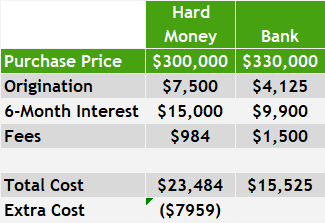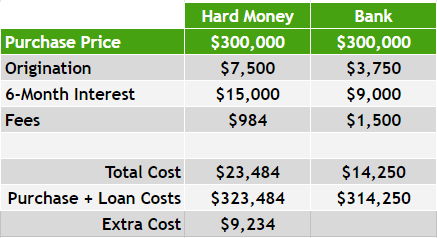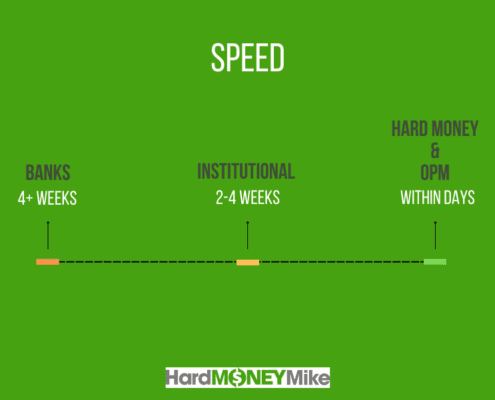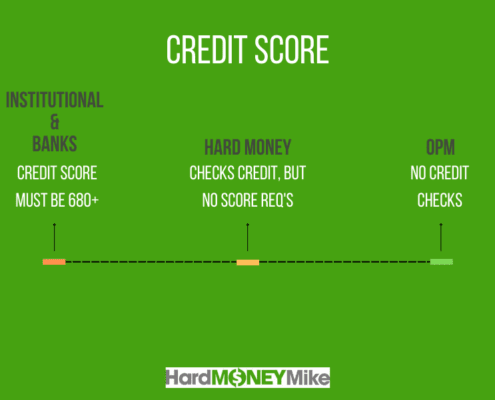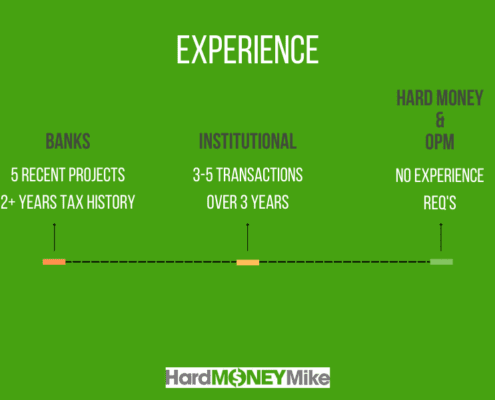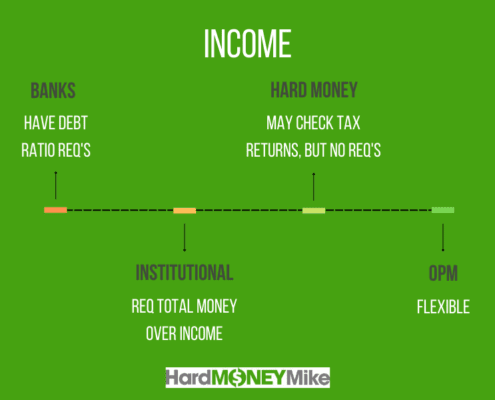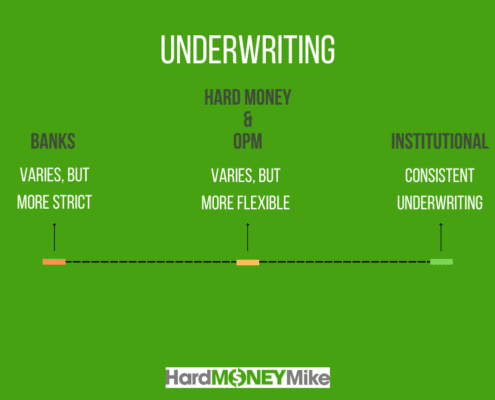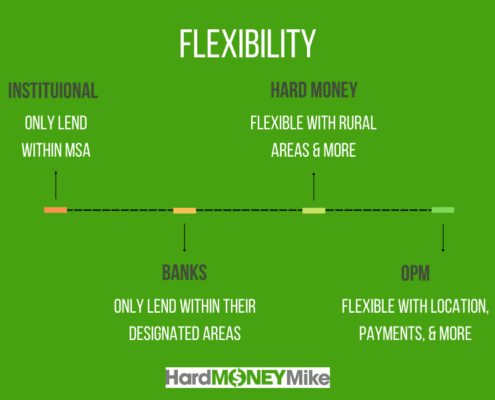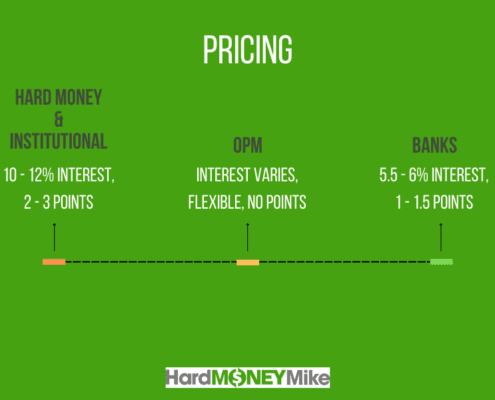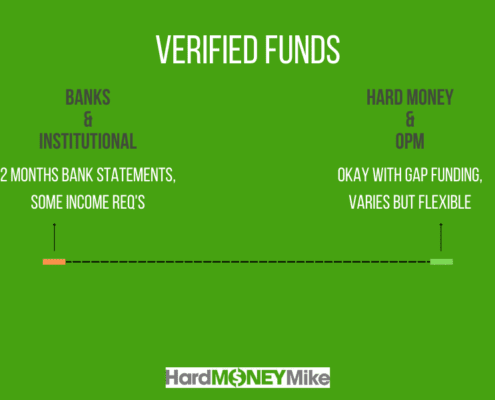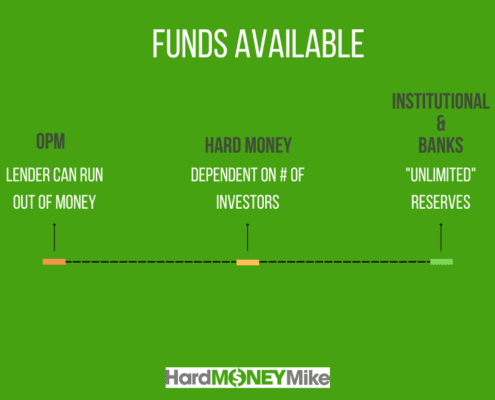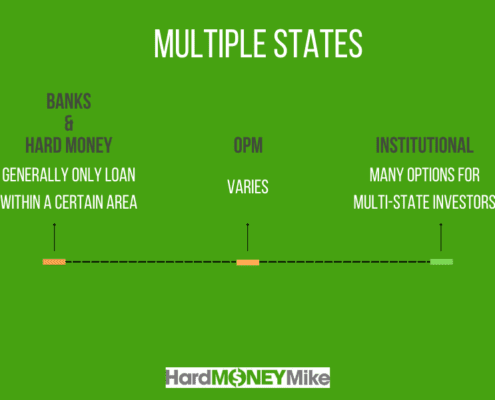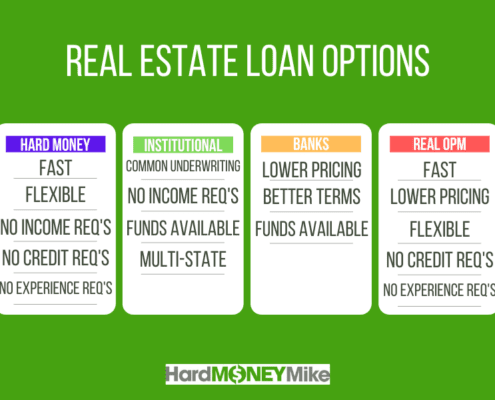What Can You Do With A Hard Money Loan?
Hard money is so versatile! Understanding how much you can do with a hard money loan can open doors for your projects.
As long as the deal you’re looking for is backed by real estate for investment or business purposes, hard money is one of the most flexible options out there.
Unlike a lot of other options, hard money lenders aren’t confined by the same restrictions as traditional loans. This means you can use hard money for a wider variety of real estate investment projects.
Fix and Flip Hard Money Loans
Hard money loans work exceptionally well for fix and flip projects. Here at Hard Money Mike, we specialize in hard money loans for fix and flips.
Hard money loans can often be specialized for your individual project which makes them ideal for real estate investing and renovations.
Similarly, if you’re looking to renovate and rent (instead of sell), you can look for a hard money loan to help cover the cost of rennovations.
Gap Funding with Hard Money
Gap funding is a term used for a variety of loans that cover the “gaps” in a larger loan. This is often simple to find through hard money loans, provided there’s good equity in the deal.
One type of gap funding is bridge loans. If you need temporary financing or are looking to buy one property before selling the other, look for bridge loans from hard money lenders.
Similarly, gap funding also covers usage loans. With usage loans, lenders pay off the investor’s credit cards which helps their credit score go up. This lets real estate investors get the funding they need to focus on their project.
We also strongly encourage our investors to have a separate business credit card to keep their scores high.
Project Completion Loans
If a property is sitting stale or taking too long to get money out of escrow, hard money loans can play a huge role in project completion.
The faster you complete your project, the lower your overall project cost. Also, the better chance you have of hitting a good selling window in the market.
Land Purchase and Development
The flexibility of hard money can work well for investors and business owners who want to buy property to develop. While big companies are often less interested in rural areas, hard money lending doesn’t have those same hang-ups.
Additionally, because hard money lenders can adjust for the client’s needs, it’s easier for you to buy large plots of land to later split into multiple parcels. It’s also easier to use that money for things like modular home development.
A good hard money lender will be able to help you get money in order to purchase and begin development quickly.
Hard Money Loans for Business Needs
You can use a hard money to buy out a partner who owns real estate or to expand their business by buying equipment or other needs.
If you’re a business owner, you also might be able to use a hard money loan to cover payroll expenses thanks to its flexibility. So long as some level of real estate is involved, hard money lenders are able to support.
First Time Investors or Poor Credit Scores
If you’re a first time investor looking for a good deal, hard money is likely the way to go.
Depending on how good the deal is, hard money lenders will sometimes give up to 90% to 100% even if your credit score is less than 600.
Hard money lenders are able to be more understanding regarding credit scores and are often more willing to lend to people with lower scores. This in turn really helps out newer investors who are trying to build capital.
Unlike large Wall Street-type companies, hard money lenders care more about the loan to value and the property’s value.
Hard Money for Unique Projects and Situations
Hard money is ideal for unique situations and real deals that can make investors money.
If you find yourself stalled in the middle of a project and pressed for money, hard money lenders are flexible. Even in the middle of a mess, a good lender will try to help you find a solution.
Refinancing during a project can be tricky, but it’s significantly easier with hard money.
Similarly, strange situations happen all the time that can leave investors high and dry. If a bank is bought out and your loan is due when you’re not ready, hard money loans can bail you out.
Hard money also works well for mixed use commercial projects.
Wholetail and Transactional Deals with Hard Money
If you’re looking for a short term wholetail deal, hard money works well. Hard money can even work for loans as short as 30 or 60 days.
Transactional deals refer to when you’ve found an amazing deal and you plan on buying and selling within a week.
Hard money is perfect for those kinds of deals because they often have a higher loan to value than private lenders like.
The Benefits of Being Outside the Box
Hard money lenders don’t have a box we need to fit into which lets us help you out in a wide range of situations.
Especially in 2023, banks are walking away from certain deals which makes hard money even more important.
If you’re interested in looking at more traditional loans, check out The Cash Flow Company. However, if your project is outside of the box, hard money might be the way to go.
If you have questions or want to talk about your project, contact us at Info@HardMoneyMike.com.
You can also check us out on our YouTube channel.
Happy Investing.









